USB Type-C/PD is the latest iteration of the USB (Universal Serial Bus) standard that has been used since the mid-1990s to connect peripherals to computers. The new Type-C standard uses a 24-pin connector to connect to a wide variety of devices requiring up to 100 Watts (5 A @ 20 V). Similar to Apple’s Lightning and Thunderbolt standards, USB-C aims to be "future-proof" by providing a highly configurable and flexible communications and power bus. By providing flexibility and power delivery up to 100 W, USB-C/PD hopes to replace existing USB standards to solve the problem of never having the right USB cable or the correct voltage adapter.
USB-C uses a symmetrical 24 pin connector, with twelve pins on each side, as follows:
*VConn and CCx share a pin whose function is determined by the given implementation.
The USB C-thru is an open hardware adaptor that helps you test and explore USB Type-C/PD devices. Not only are the design files freely available, but the USB C-thru is only one tenth the price of its proprietary competitor. The USB C-thru consists of a very small form factor board with a USB Type-C receptacle at one end and a USB Type-C plug at the other. All connections pass straight through the USB C-thru from the host to device.
The board’s test points provide through-hole or header access to the VBus, VConn/CC2, CC1, SBU and GND channels, allowing you to test and explore USB Type-C/PD protocol and state machines. For example, you can use the USB C-thru for:
Are you a USB Type-C device tester or developer? Are you trying to explore or build a new USB-C device? The USB C-thru is for you.
USB Type-C/PD is a relatively new technology. In the past months, there has been a lot interest in it in terms of adoption and development. As is with every emerging technology, there is a dearth of testing tools or tools that will aid in understanding the specification and implementation of the standard. So how do you go about testing your creation? How do you learn and create something new? How can you affordably explore this new technology? The USB C-thru is the answer to these questions.
These are some common possible use cases for USB C-thru. No doubt you can come up with many more.
USB-C cables use a chip to provide electronic ID marking (E-Mark) functions based on specific implementations.
In this use case, a tester is connected to an E-Marked cable using the USB C-thru. The USB C-thru monitors the CC1 and VConn lines to check if the signals that pass through conform to the USB Type-C specification.
USB-C connections can either provide or draw power as needed by the device being connected.
In this use case, the USB C-thru is used to aid in the development of a device that provides or requires power (a Source or Sink, respectively). The development platform is connected to the device under development using the USB C-thru. USB C-thru monitors the VBus, CC1, CC2/VConn and SBU channels to ensure the data signals that pass through are as per USB Type-C specification.
The USB C-thru is an easy-to-use Open Hardware product. We’ve made it simple enough that new users can build a breadboard setup and immediately use USB C-thru to learn new things and test USB Type-C implementations. As Open Hardware, the platform encourages users to build and experiment independently and eventually adapt the board to their particular needs. The aim is to empower users to learn, experiment, test and build. To that end, design specifications, schematics, and documentation can be found in our GitHub repo.
USB C-thru is a passive board that sits between the host and the device. It does not have any active electronics. However, it is not a simple device. The complexity lies in designing and manufacturing, as it requires a six-layer circuit board designed to carry 100 watts of power and yet capable of ensuring signal integrity of the USB Super Speed lines that can carry easily interfered with, high-frequency signals >10GHz.
The 24 USB pins are mapped one-to-one between the receptacle and the plug. The USB C-thru taps the pins to provide test points for the CC1, CC2/VConn, VBus, GND and SBU channels. Just connect the plug to a USB Type-C device and the receptacle to another legacy USB or a USB Type-C device using a USB Type-C cable, and you are ready to monitor the USB Type-C signals. You can connect any of the test points to an oscilloscope or other test equipment and monitor the signals.
We have successfully completed the following tests of the USB C-thru:
Functional verification in a DisplayPort setup
Functional verification of USB Super Speed
Functional verification in a laptop charger setup
| USB C-thru Pin Details Key | ||
|---|---|---|
| 1.Vbus US/DS Jumpers | 5.CC1 US/DS Test Points | 9. CC1 US/DS Jumpers |
| 2.Vbus US/DS Test Points | 6.USB Type-C Plug | 10. SBU1 and SBU2 Test Points |
| 3.CC2 US/DS Jumpers | 7. Ground Test Point | 11. USB Type-C Receptacle |
| 4.CC2 US/DS Test Points | 8.VBus/11 Test Point |
Weight: 5.05g
Width: 50.8mm
Height: 19.05mm
Depth: 0.88mm
Max Power Throughput: 100 W
PCB Layers: 6
Compliance: ROHS, Lead Free
Finishing: ENIG
Since the release of the USB Type-C/PD specification, many new USB Type-C products are being released and the technology is being backed by companies like Apple, Google, Microsoft, etc. We are going to see a lot of migration and a lot of new use cases. Consequently, enthusiasts, testers, and developers alike have a need to explore and work with this new technology. They need tools that will help them understand how USB-C is working with their technology so they can test and refine their product’s performance. After a few iterations of prototyping and testing, we ended up with a product we feel has the perfect set of features and functionality for these purposes.
We saw that Crowd Supply could reach a community of enthusiasts, hobbyists and developers we would not otherwise be able to reach. This inspired us to deliver a simple, affordable device that is within reach of one and all, encouraging users to learn, create, and succeed like never before.
We want to build tools that will help enthusiasts, testers, and developers learn, explore, create, and succeed. While we have the resources to prototype our ideas, we don’t have the resources to manufacture the products that grow out of them. So we need Crowd Supply to reach backers who will help us manufacture products.
We need your help as a customer, sponsor, supporter, and contributor to help us grow a community of creators and innovators and to make USB C-thru a reality. We need your help so we can fulfill the manufacturer’s minimum order quantities and we can keep the prices low by achieving higher volumes.
As a campaign backer, you have access to the USB C-thru at a significantly lower rate of \$55 USD. Post-campaign the pre-order price will go up to \$75 USD, and the USB C-thru will eventually retail for \$89 USD.
We have spent the last three months leading up to the launch designing, prototyping, and testing different designs for analyzing USB Type-C products. Having completed several iterations, we believe we have arrived at a robust solution with a small form factor and a set of useful features. We have a tested the final prototype of the USB C-thru, now we need to reach our funding goals so we can begin production. The funds raised will be used to cover the cost of components, fabrication and assembly, testing, and shipping.
We expect that production will take roughly a month to complete after the campaign ends. Fabrication of the boards will take two weeks, during which time board components will be procured. Assembly will take one week, and then we will test the units for a week. Crowd Supply will assist us with packaging as well as domestic and international logistics to ensure a smooth and reliable service and ordering experience. This is, of course, pending any unforeseen obstacles. We will be regularly updating backers throughout the campaign and during production.
We foresee the following possible risks:
The timely procurement of components depends on the availability and timely shipment of the components. Any delays here can be a risk.
The timely delivery of manufactured boards is dependent on the manufacturer. Any delay during manufacturing or shipment from the manufacturer can impact shipping dates.
Timely shipment to backers also depends on the successful completion of testing. There is a chance of delays due to parts being rejected after inspection or from boards failing during testing.
Timely delivery of the board to the backers is dependent on the supply chain. There may be unforeseen delays due to issues with the supply chain.
If we do encounter delays, we will be as transparent as possible with our backers as to what the problems are and how we are fixing them.
Crowd Supply will help us with the logistics of delivering the product to backers across the globe. This will help us to deliver on time and on budget. This service will include verification of backer address, packaging, inventory, shipping, tracking and processing returns.
USB C-thru shipping is free to the United States and to India. Other international shipping is $5 per board, and will be levied on checkout. If you are placing an order for delivery to India, please complete the order with the international shipping charge. Crowd Supply will then manually refund the fee and re-send your order confirmation email within 24 hours.
Thank you to all the backers and friends without whom this project could not have taken off. You have encouraged us to bring out more products to help enthusiasts and developers explore and create.
Q: What specifications govern the new Type-C Ecosystem?
A: There are three core specifications:
USB Type-C Cable and Connector Specification Rev 1.1
USB Power Delivery Specification Rev 2.0 Version 1.1
USB Device Class Specification – Billboard Class Rev 1.0a
Q: Do I need billboard class support in my solution?
A: Any USB Type-C device that implements alternate mode will support USB Billboard class. USB Billboard Class Rev 1.0a defines any USB functionality other than defining descriptors that works on USB control endpoint EP0.
Q: Does my device need USB Power Delivery capability?
A: Any device that requires 5V/3A and does not support any other functionality like alternate modes can skip implementing USB Power delivery. For example, a battery pack capable of 5V/3A will ignore USB power delivery.
Q: What is an e-Marked USB Type-C cable? How is it different from legacy USB cable?
A: USB Type-C cables that implements USB PD to provide its characteristics are called Electronically Marked Cables or E-Marked Cables.
Unlike legacy cables, each USB Type-C cable may have characteristics of its own which can be discovered by sending USB PD commands which the cable may respond. Any USB Type-C cable that does not support these discovery commands are limited to 5V/3A. Cables that support discovery command will indicates its capability, which determines functionality of the setup.
Q: Do I need OTG connector with USB Type-C?
A: No, OTG connector is not required to connect a USB Type-C host and a USB Type-C device.
Q: How does a USB Type-C hub differ from a legacy USB hub?
A: Legacy USB hubs support only USB functionality, but USB Type-C hub is a multifunction device with USB functionality and other functionalities.
Q: I need a multiport USB Type-C solution. Will a USB Type-C hub work?
A: For multiport solution a USB hub based solution is ideal. But it is important to note only the upstream port of the USB hub can support alternate mode. So, a USB hub based solution for multiport is OK only when one port is expected to enter alternate mode.
Q: How does billboard class work in a USB Type-C hub solution?
A. In a USB Hub scenario a billboard device shall be exposed as a USB device attached to a downstream port operating at USB 2.0 speed of the USB hub.
Q: I need proprietary hand shake with the port partner over USB Type-C. Can I use USB PD protocol?
A: Yes, USB PD protocol supports vendor defined protocol packets.
Q: When migrating to USB Type-C do I need to rewrite my legacy USB device stack?
A: No, USB Type-C does not affect legacy USB stack implementation in larger context. But there are changes required on the legacy stack in areas like VBus management, OTG implementation, descriptor management, etc.
Q: When migrating to USB Type-C do I need a new host USB driver?
A. In a Type-C ecosystem, drivers like hub drivers, bus drivers generally provided operating systems will change. Any functional driver may not require change because of USB Type-C integration.
GoArks was started by Rajaram Regupathy and Kartik Raghavan with the aim of helping hardware developers, designers, and testers by offering products, tools, and support for the new USB Type-C/PD and legacy USB. The USB C-thru is the first product they have launched (with more coming soon), although in the past they have developed hardware while working for OKI.
Rajaram Regupathy holds a master’s degree in software systems from BITS Pilani and has 15 years of professional experience in developing firmware and system software embedded products. He has worked on USB technology from USB 1.1 to USB Type-C for leading semiconductor companies like OKI, NXP, ST-Ericsson and Cypress Semiconductors. He has written extensively about USB technology, including three books:
He also has extensive experience with other connectivity technologies like Smart-card protocols (ISO7816,EMV), Bluetooth, and language processing tools. He also holds patents relating to embedded domain and is a senior member of the Association for Computing Machinery.
Kartik Raghavan has 15+ years of industry experience in embedded systems. He has worked for ten years as a software engineer, working on tools like compilers, assemblers, linkers and debuggers. Kartik has worked mostly with leading semiconductor companies like OKI, Toshiba and Renesas. He also has 5+ years of experience in marketing embedded and USB-based solutions. He has driven the product roadmaps, forged new partnerships, and created new revenue streams throughout his career. With his extensive project management experience he has set up development centers for overseas companies in India. His expertise lies in identifying opportunities and building and sustaining business relationships.
Produced by GoArks in Bangalore, India.
Sold and shipped by Crowd Supply.

Show your love for Open Hardware design. Thanks!

One GoArks USB C-thru: Open USB Type-C/PD Probe. Post-campaign the pre-order price will go up to $75, and the USB C-thru will eventually retail for $89. Free shipping to India will be adjusted after checkout.

A pack of five GoArks USB C-thru: Open USB Type-C/PD Probes, priced at $47 USD/each. This is a discounted campaign price! After the campaign ends, the pre-order price will be raised. Free shipping to India will be adjusted after checkout.

A pack of ten GoArks USB C-thru: Open USB Type-C/PD Probes, priced at a bulk rate of $46 USD/each. This is a discounted campaign price! After the campaign ends, the pre-order price will be raised. Free shipping to India will be adjusted after checkout.
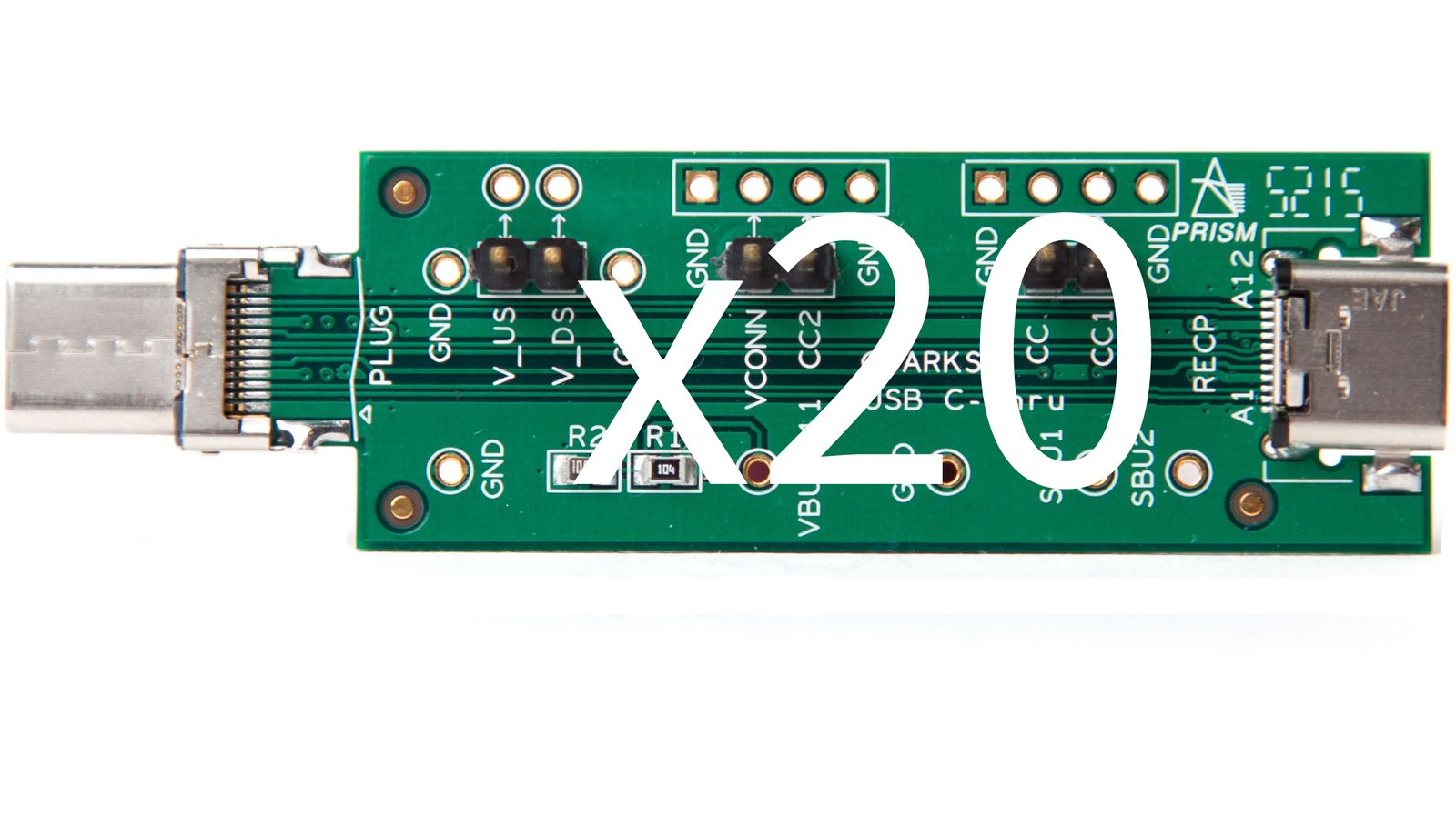
A pack of 20 GoArks USB C-thru: Open USB Type-C/PD Probes, priced at the bulk rate of $44 USD/each. This is a discounted campaign price! After the campaign ends, the pre-order price will be raised. Free shipping to India will be adjusted after checkout.
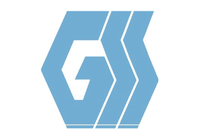
Bangalore, India · goarks.com
We are a systems software startup focusing in USB Type-C and Legacy USB products and services.
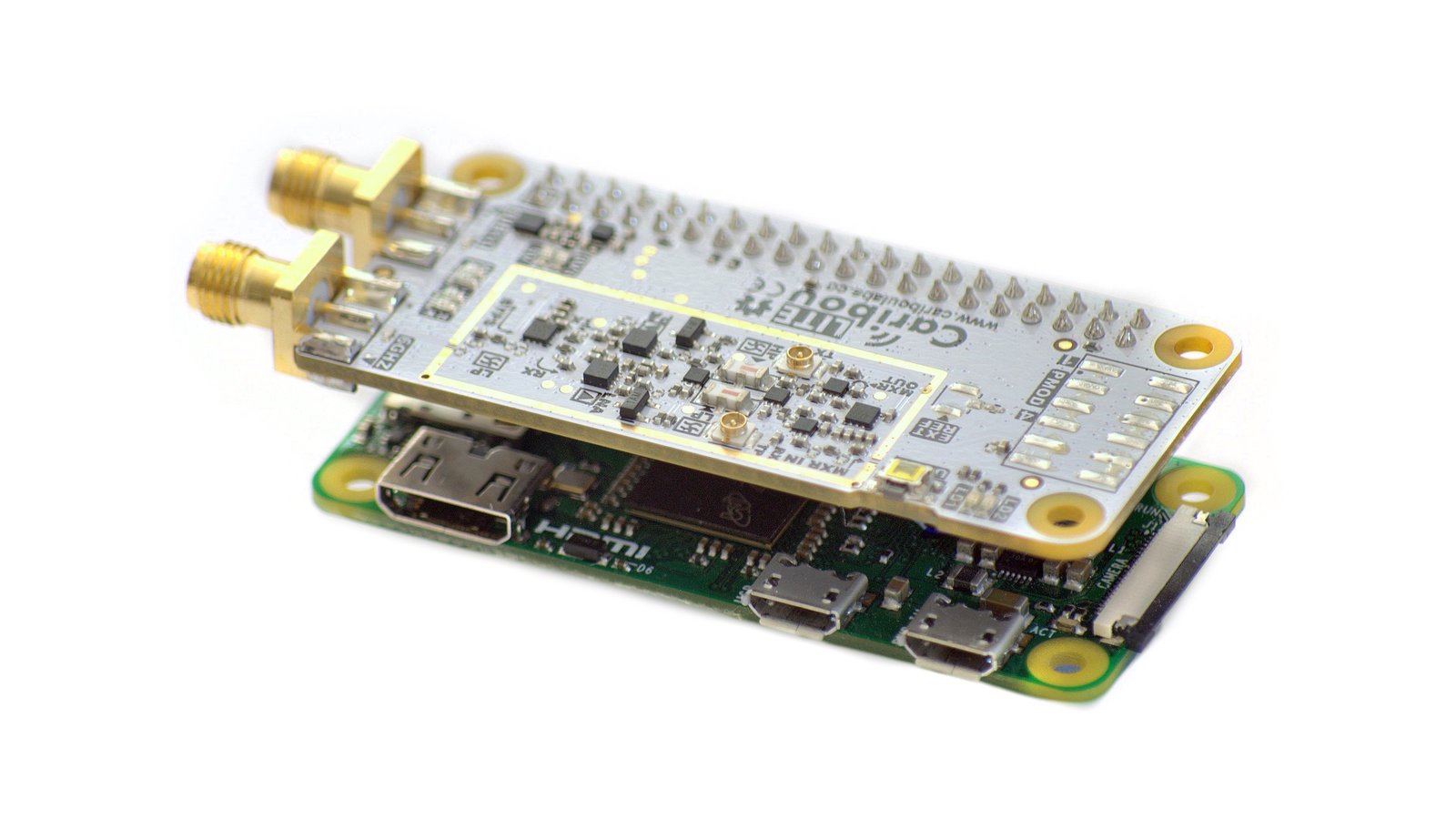
A fully open source dual-channel SDR Raspberry Pi HAT with a tuning range up to 6 GHz
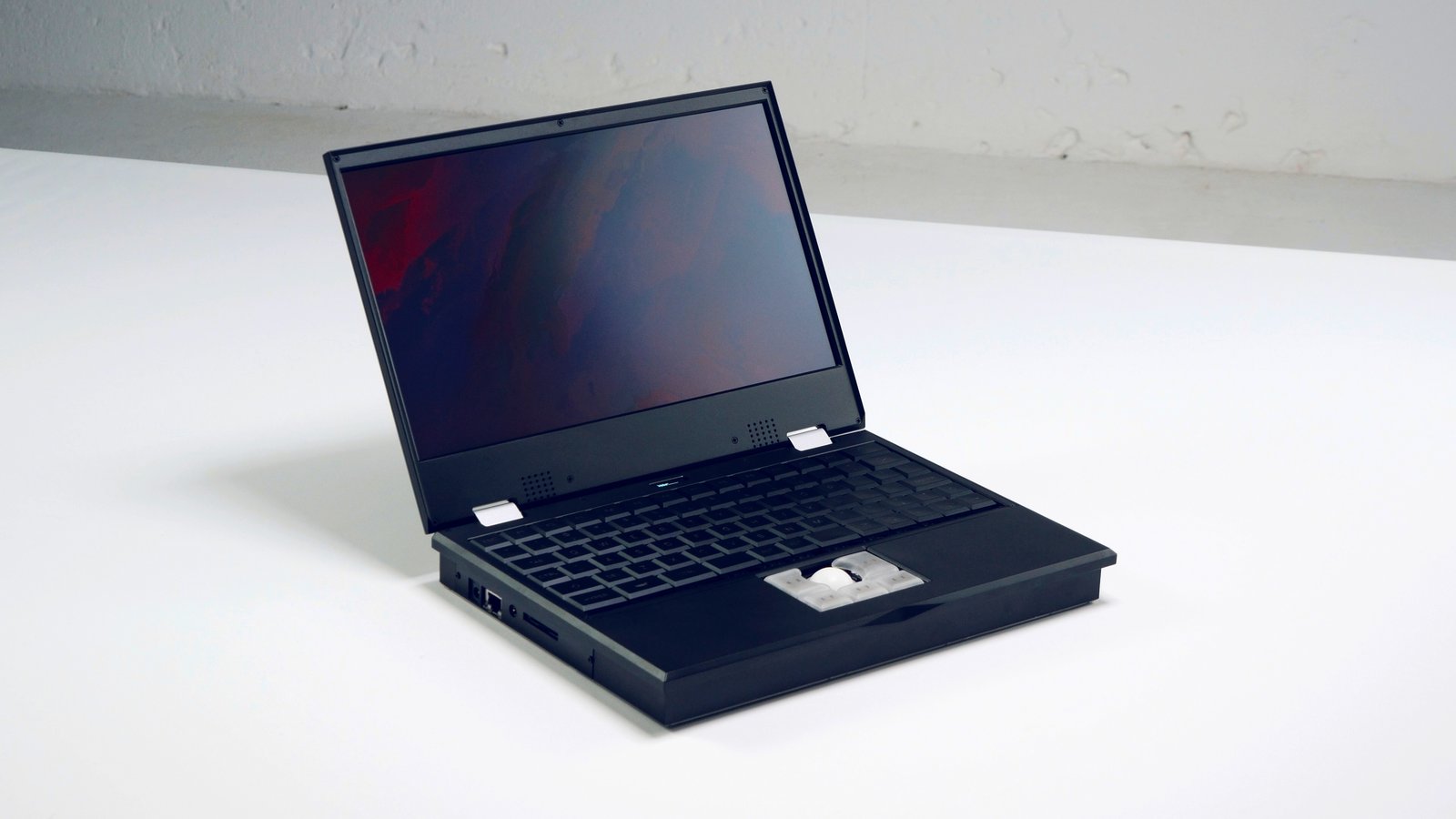
The open source DIY laptop for hacking, customization, and privacy
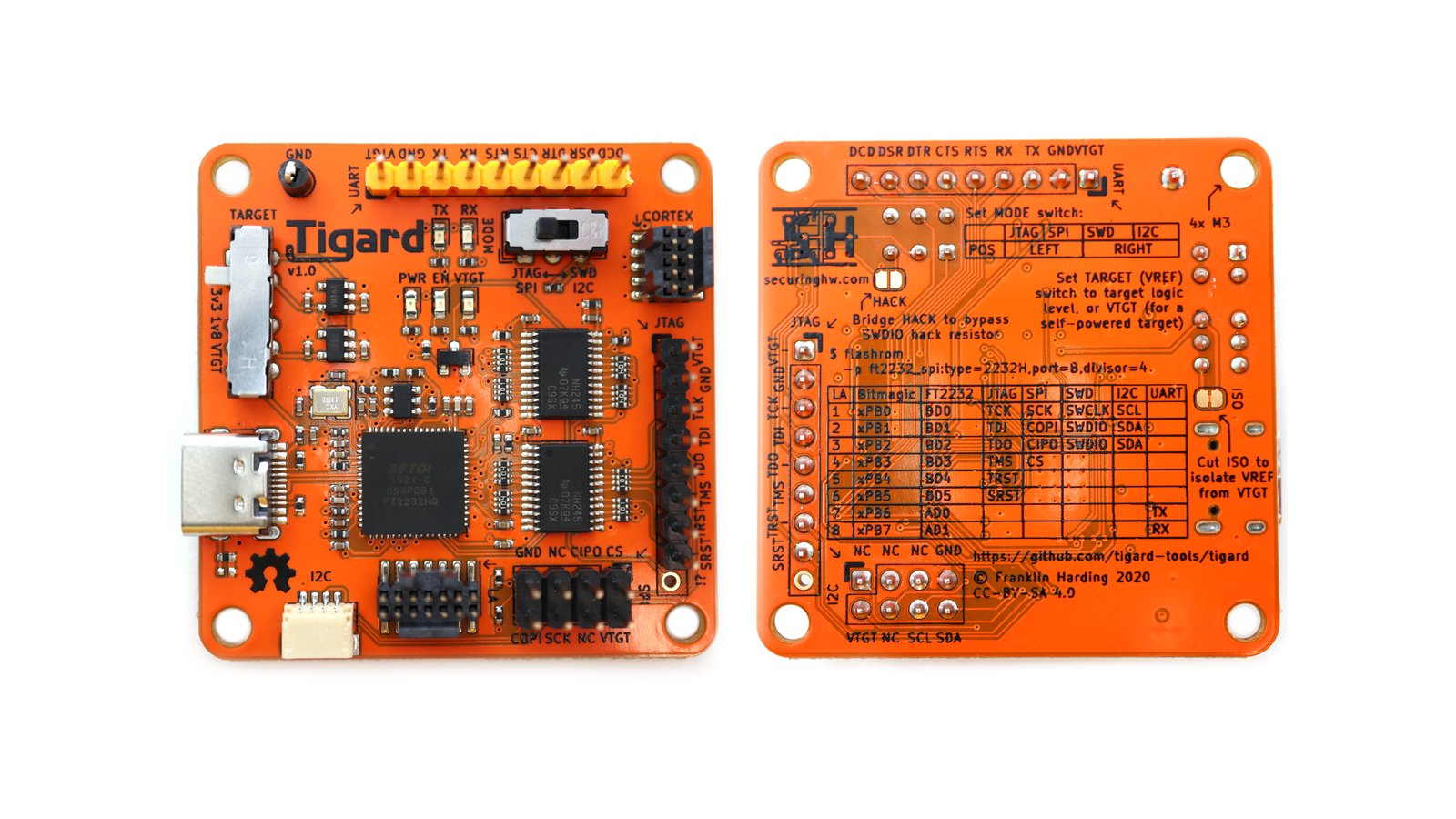
An open source FT2232H-based, multi-protocol, multi-voltage tool for hardware hacking